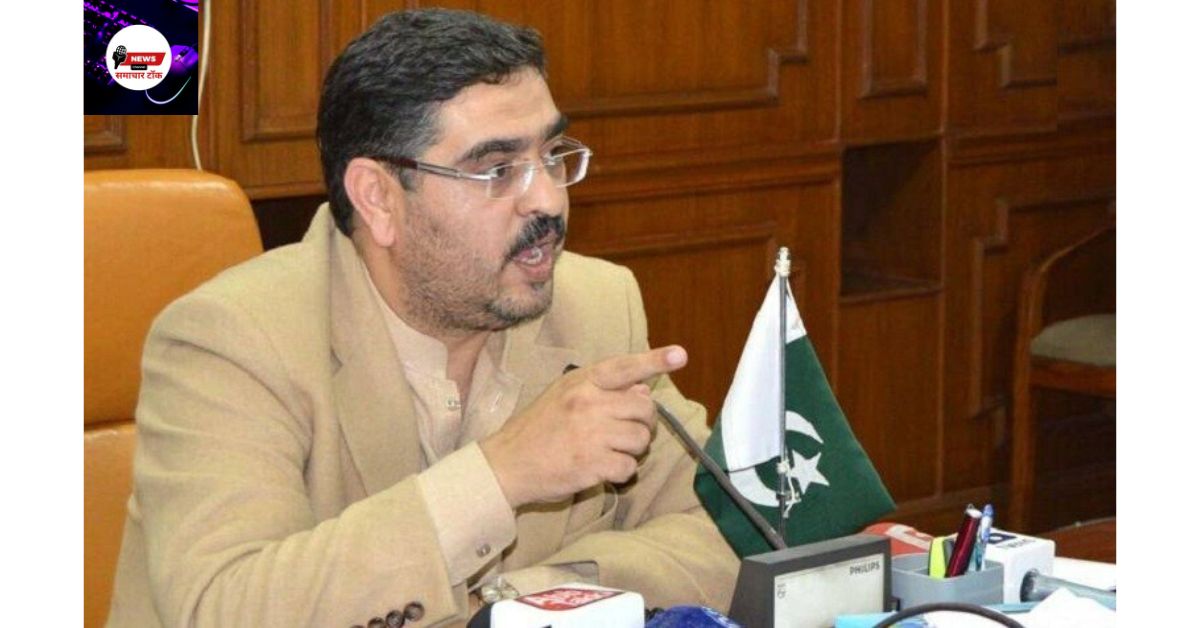Explained: Why the Dutch government collapsed, what occurs now

Why the Dutch government collapsed
The Dutch government collapsed on Friday, July 8, 2023, after a coalition partner withdrew its support. The government of Prime Minister Mark Rutte was brought down by a dispute over a proposed increase in childcare costs.
The coalition partner that withdrew its support was the Christian Union (CU). The CU is a small party that has traditionally been a reliable supporter of Rutte’s government. However, the CU was opposed to the proposed increase in childcare costs, which they argued would disproportionately impact low-income families.

Rutte had argued that the increase in childcare costs was necessary to reduce the government’s budget deficit. However, the CU was not convinced, and they ultimately decided to withdraw their support for the government.
What happens now?
The collapse of the Dutch government means that the country will now go to the polls in November 2023. This will be the third time in four years that the Dutch have gone to the polls.
The collapse of the government is a major setback for Rutte, who has been the Prime Minister of the Netherlands since 2010. Rutte is one of the longest-serving Prime Ministers in Dutch history, and he had been hoping to lead the country through the next few years of economic challenges.
However, the collapse of the government has also created an opportunity for new parties to emerge. The election in November 2023 is likely to be a very competitive one, and it is unclear who will emerge as the next Prime Minister of the Netherlands.
The impact of the collapse
The collapse of the Dutch government is likely to have a number of negative consequences for the country. First, it will create uncertainty and instability at a time when the Netherlands is facing a number of challenges, including a rising cost of living and a shortage of skilled workers.
Second, the collapse of the government is likely to lead to delays in decision-making. This could have a negative impact on the economy, as businesses may be reluctant to invest in the Netherlands if they are unsure about the future direction of the country.

Third, the collapse of the government could lead to a rise in populism and nationalism. This could make it more difficult for the Netherlands to cooperate with other countries on issues such as climate change and security.
Overall, the collapse of the Dutch government is a major setback for the country. It is likely to have a number of negative consequences, both domestically and internationally.










